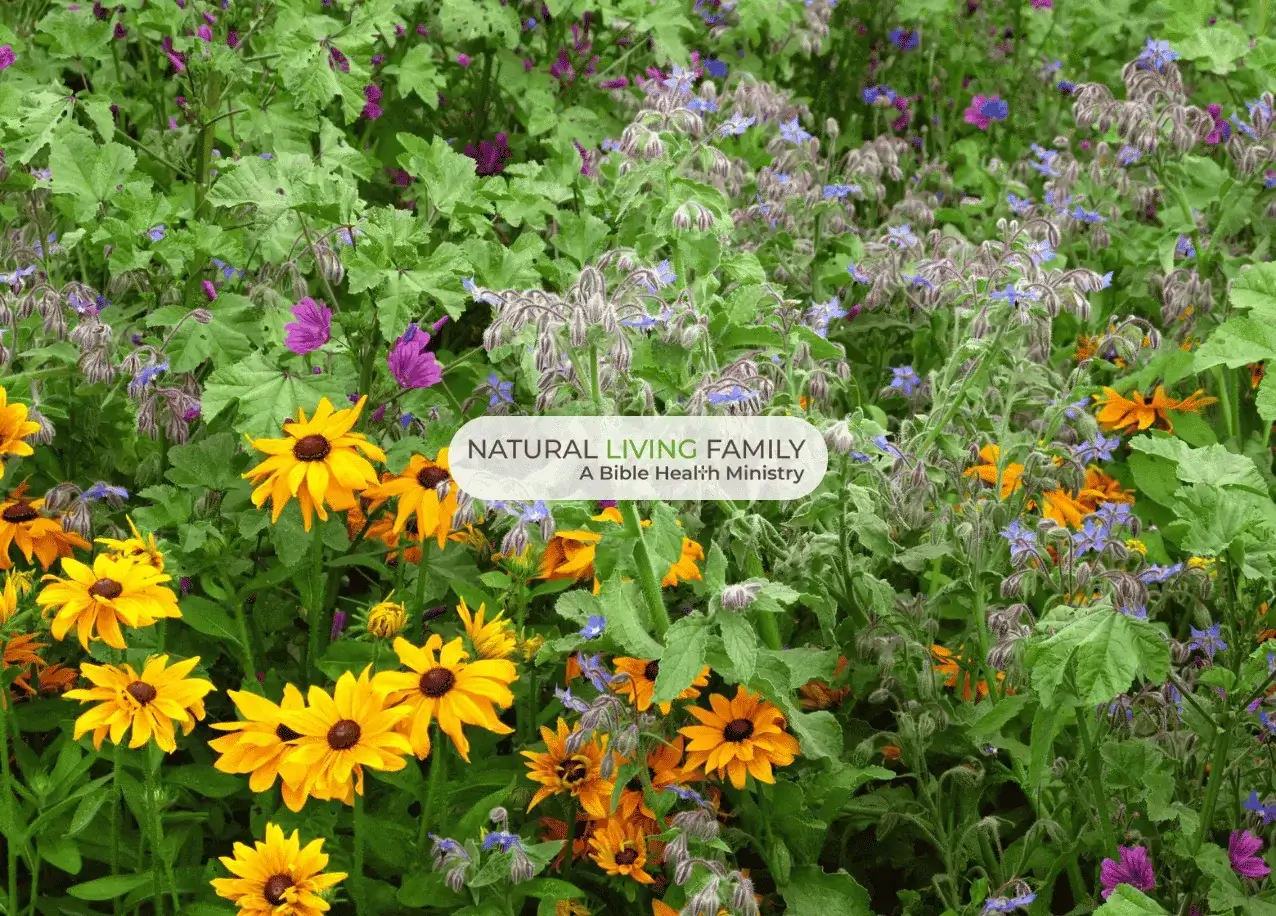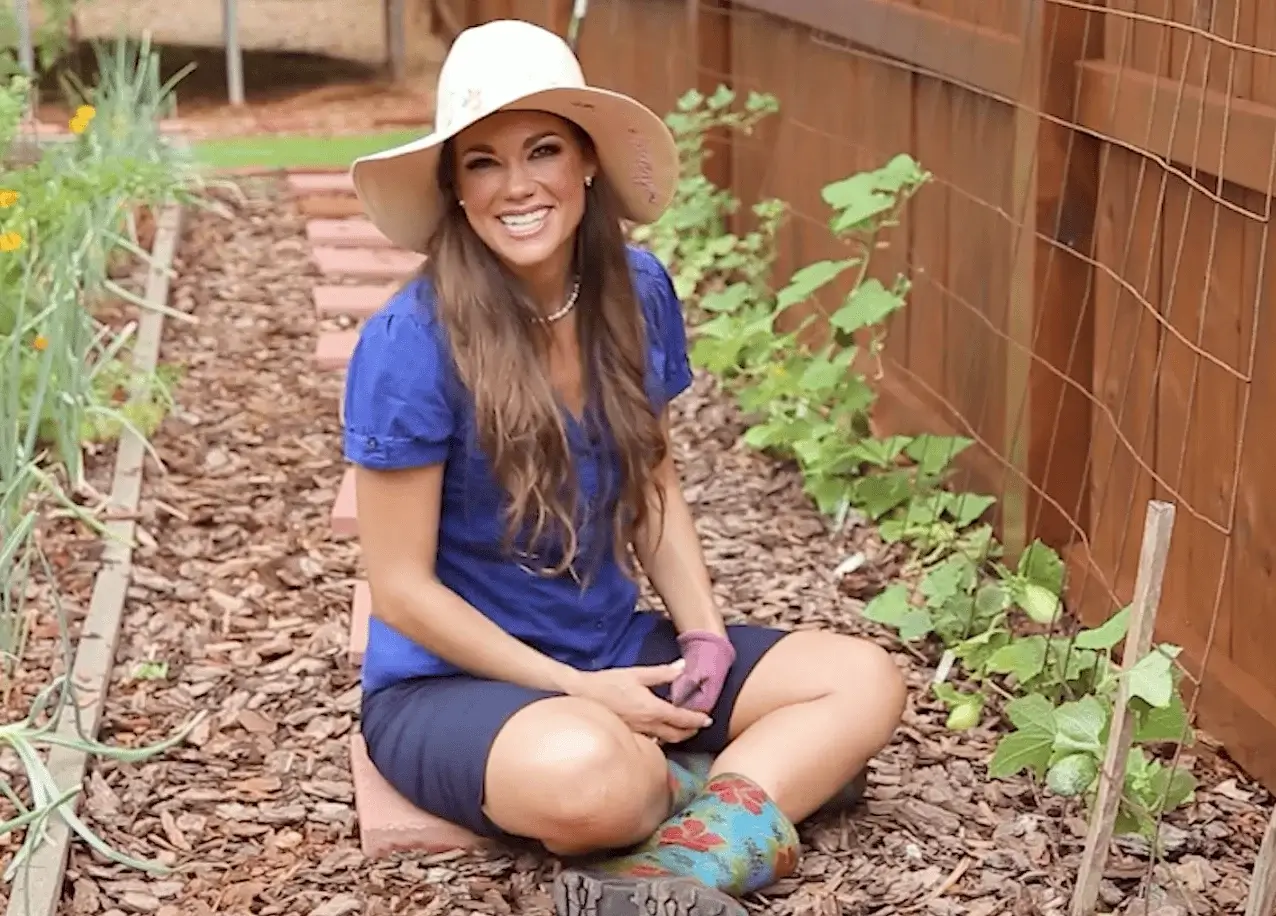What are heirloom seeds, you ask? And why do they matter? Simply put, heirloom seeds are open-pollinated, non-GMO seeds that are harvested after flowering to produce the same crop, year after year. They are the best way to ensure that you are growing quality fruits, vegetables, and herbs and getting the same plant varieties you want to preserve from generation to generation.
Choosing varieties of plants to include in your garden is a personal preference, but one of the things you should never skimp on is using organic heirloom seeds.
Table of Contents
What are Heirloom Seeds?
When you think of the word “heirloom”, you probably think of a hand-me-down, old-fashioned item that has sentimental meaning and value to your family, and that is exactly a perfect description of heirloom seeds. Heirloom seeds, or heritage seeds as they are sometimes called, are “handed down” from year to year, preserving desirable plants you can rely on to have the same features and outcomes when growing in future generations.
The commercially produced, genetically modified hybrid seeds that are often used in large-scale gardens and even some backyard planting will often produce sterile seeds. Or they will produce seeds that don’t breed true, meaning the new plants look different from the parent plants. You never quite know what you are going to get. Seeds collected from heirloom plants give you the confidence that you are growing a non-GMO plant without any surprises in the garden.
There are several distinct advantages to using heirloom seed varieties in your garden, including:
- Wonderful, delicious flavor – Many hybrid varieties have little or mild flavor compared to the available heirloom varieties. Many heirloom herbs are just bursting full of flavor and people swear by the variety of heirloom tomatoes.
- Save seeds with open pollination – Reduce gardening costs over time by growing your own seed collection – saving seeds from the best original plants each year. This way you won’t need to purchase new packets of seeds every growing season.
- Longer harvest season – You’ll be able to take advantage of the fresh harvest of your garden for a longer period of time, as most heirloom varieties will produce and ripen throughout the season. This saves you trips to the grocery store if you’re trying to eat fresh compared to the shorter, more distinct harvest period of many hybrid seeds.
- Better nutritional value – In many hybrid varieties, the structure of the plant has been modified to produce a higher yield, but the nutritional makeup of the fruit or vegetable is distinctly diminished. Heirloom vegetables, herbs, and fruits simply can’t be beaten in taste tests.
- More fragrance and aroma – When it comes to heirloom flowers, many of the old-fashioned varieties have a stronger fragrance for your aroma garden, than the genetically modified hybrids.
With heirloom seeds, you’ll be able to get the full nutritional value out of your harvest, even if the overall yield is a bit lower than with a hybrid plant.
What is Open Pollination?
Open-pollinated seeds are those that are produced by plants that are pollinated by natural means, such as wind, water, insects, or birds. Pollen is spread between similar plants, producing reliable seeds that are genetically diverse and more adaptable to various growing conditions. Your seed catalogs will have descriptions telling you which varieties of plants are open-pollinated varieties so you’re aware.
Self-pollinating vegetables like beans and lettuce do not require a pollinator, but are still considered to be open-pollinated as they aren’t cross-pollinated by other varieties.
It is important to note that if you are growing several varieties of the same type of fruit or vegetable, you’ll want to plant them a significant distance apart to avoid cross-pollination. In an open-pollinated environment, hybrids can occur naturally when you have two of the same type of plant in the same area, as pollinators buzz around, doing their job. Though this may not produce a poor plant, you will have less control and it will be difficult to reproduce something similar to the parent plant year after year.
How to Save Heirloom Seeds
One of the most wonderful things about using heirloom seeds is that they truly can become something that you pass down to future generations. Collecting the seeds of your heirloom harvest will allow you to reproduce your favorite varieties, year after year, creating your own personal history and memories attached to the wonderful foods that you grow. It also gives you assurances in case of food supply disruption.
Saving heirloom seeds varies a bit from plant to plant. Some plants, like cucumber and squash, are most often harvested and consumed before they are fully mature. This means you want to collect cucumber seeds, you’ll need to leave some of your best cucumbers (or squash) on the vine to fully mature so you can save the seeds.
Other plants, such as beans and peas, are more often used at maturity, so saving them simply requires collecting a pod of mature seed to dry out and store for the next growing season.
Tomatoes require the additional step of allowing fermentation of the seeds to break down the gel that coats the seeds before drying and storing, while lettuce seeds are collected from the flowers after they die back, even though the greens would no longer be edible.
Whatever the needs are for the variety of seeds you are trying to save, you’ll want to let the seeds completely dry before packaging and adding to your seed collection.
Once you have gathered and dried your seeds, you can store them in an envelope in a cool, dry environment until you are ready to start your seeds for the next planting season.
Here are some important tips to keep in mind when learning to grow and save heirloom seeds.
- Choose the Best Plants – When it comes to saving seeds, you want to save the very best examples of the plants you are growing. If you have two or three bean plants that are out-producing everything else in your row, those are the plants you should save seeds from. This keeps the genetics best for your garden area, producing for you year after year.
- Label, Label, Label – Be sure you label the seeds when you store them and mark the variety, and type in your garden journal. You will not remember season after season if you rely on memory alone.
- Sort & Organize – I like to store my seeds according to the type of plant (herbs, flowers, vegetables, etc.) and then alphabetically.
This is a huge step towards more sustainable living for gardeners, cooks, and anyone trying to improve their health. It also guarantees you have organic seeds because you’re able to control the growing environment yourself.
What are the Best Heirloom Seeds?
For the beginning gardener, creating a garden plan that includes a variety of heirloom fruits, herbs, and vegetables that are easy to care for and harvest is important. Here are a few of the best options for the beginning gardener as they are shopping for heirloom, organic seeds to start their garden.
- Basil seeds – Great for finding a wider variety of herb plants than what would be available in your local big box store.
- Bean seeds – Easy to plant and grow, this is a great choice for beginners.
- Beet seeds – Like many root veggies, beets don’t transplant well so they are healthier if you start them from seeds.
- Cabbage seeds – These can be sown directly in the ground for a fall garden, or started indoors early to transplant in early spring/late winter.
- Carrot seeds – Another root vegetable that is best planted directly in the ground.
- Chive seeds – One packet of seeds will grow many plants for you, cheaper than one already-started plant.
- Cilantro seeds – One of the easiest herbs to grow from seed and one of the easiest herbs to save seed from, this is a must-try for seed-saving beginners.
- Cucumber seeds – When you order heirloom cucumber seeds you can get so many amazing varieties. Squash and zucchini are much the same.
- Dill seeds – Another easy-to-grow plant where herb seeds will be so much cheaper than buying already-started plants.
- Lettuce Seeds and Other Greens – The exceptional flavor of heirloom vegetables really shines in the greens category.
- Marigold Seeds – A great choice to start with growing heirloom flowers from seeds, marigolds are great for attracting pollinators to the garden.
- Nasturtium Seeds – A part-shade tolerant flower that is actually edible, nasturtiums grow well from seed.
- Pea Seeds – So easy to grow these plants from seeds, and you can easily save the organic seeds to add to your collection for next year.
- Pepper Seeds – Like beans, you have to allow the peppers you want to harvest seeds from to fully mature beyond the point where you’d typically pick them to eat.
- Radish Seeds – There are so many amazing varieties with excellent flavor you’ll only be able to enjoy when growing via seed.
- Sunflower Seeds – Large, easily planted heirloom flower seeds that bring many pollinators to the garden.
- Swiss Chard Seeds – Delicious, unique organic greens that tend to be more heat-tolerant than lettuce.
- Tomato Seeds – The heirloom tomato varieties available only via seed are incredible so check your organic seed catalogs for mouth-watering options.
- Watermelon Seeds – Melon seeds are available in a wide variety of choices, but since they are open-pollinated saving seeds can be more complicated.
As you begin to spend time in your own garden, you will learn how to care for differing plant varieties and learn which plant seeds bring the best value for your family. As you get more comfortable you can try a new type of seeds each year.
My garden is such a source of joy and happiness for me. Spending hours working in the soil, growing healthful food for my family, and enjoying all of the wonderful blessings that God has provided us is a wondrous thing. And there is something so calming about my time in the garden. Experiencing the beauty of His creation firsthand makes it so simple to connect with God as you care for the plants that produce the food that will sustain you and the ones you love.











